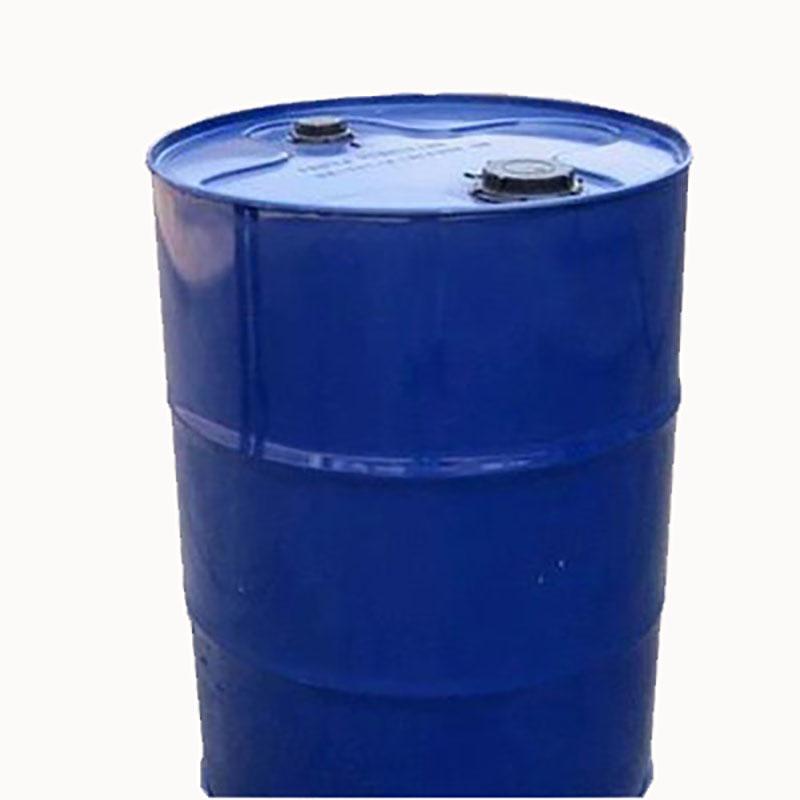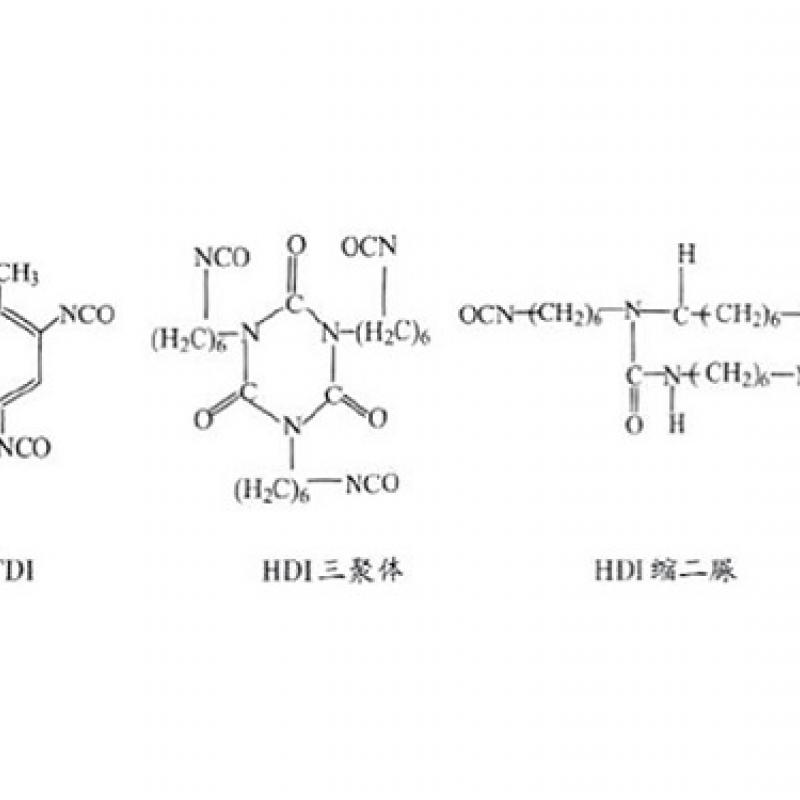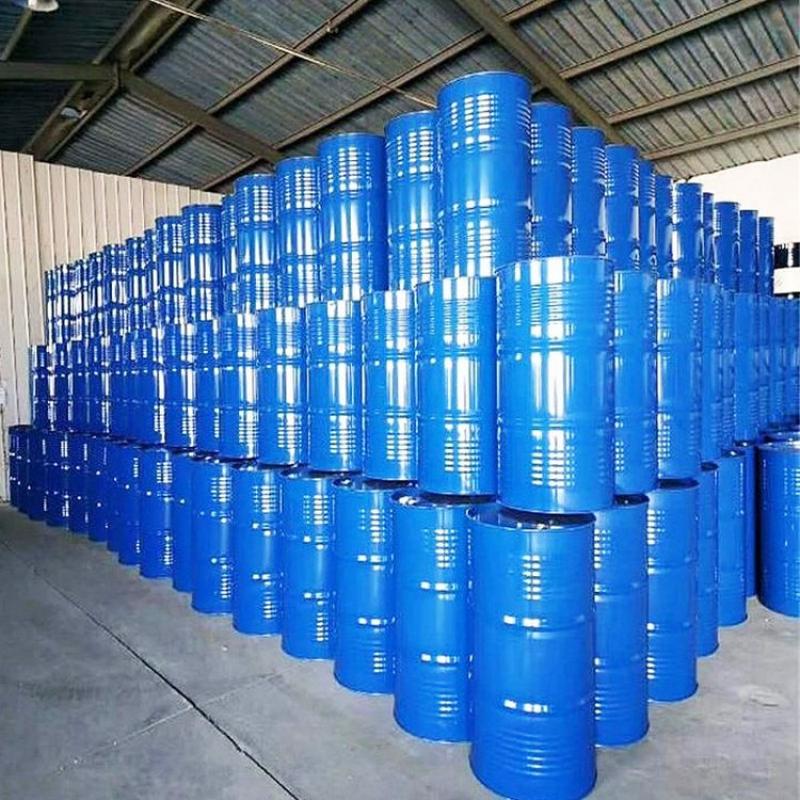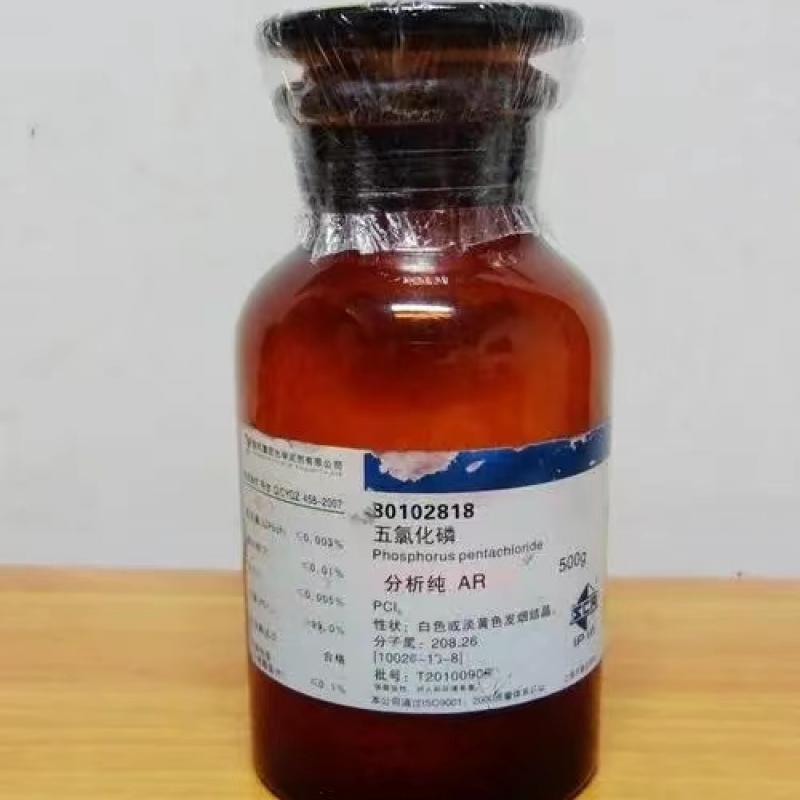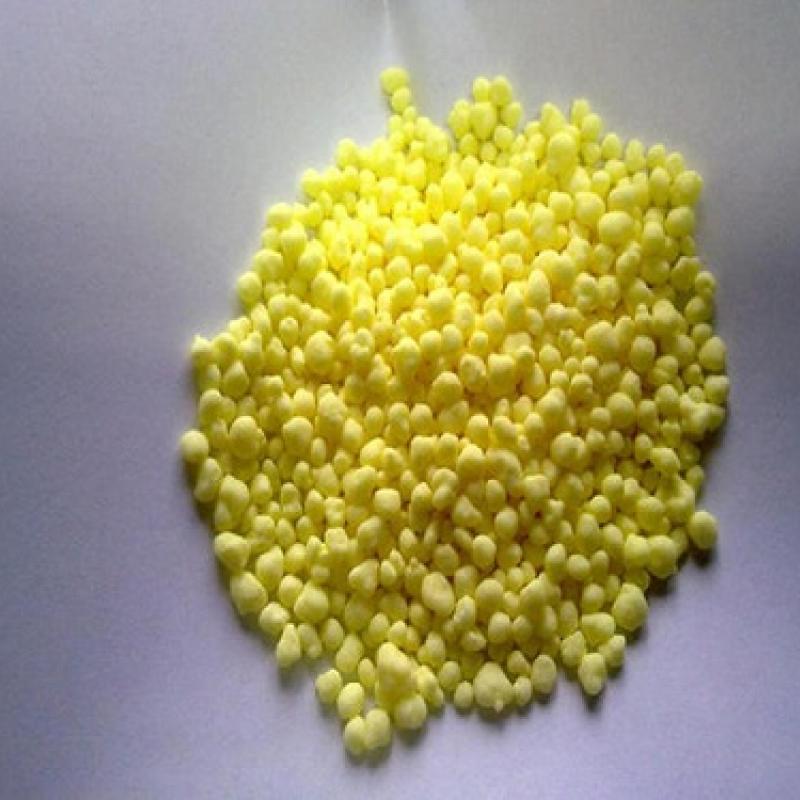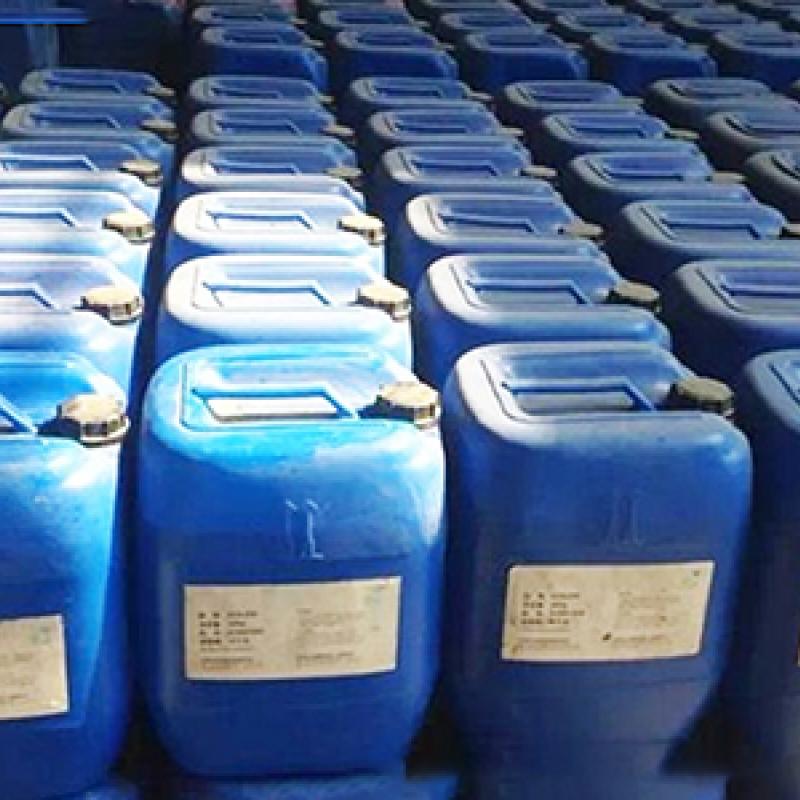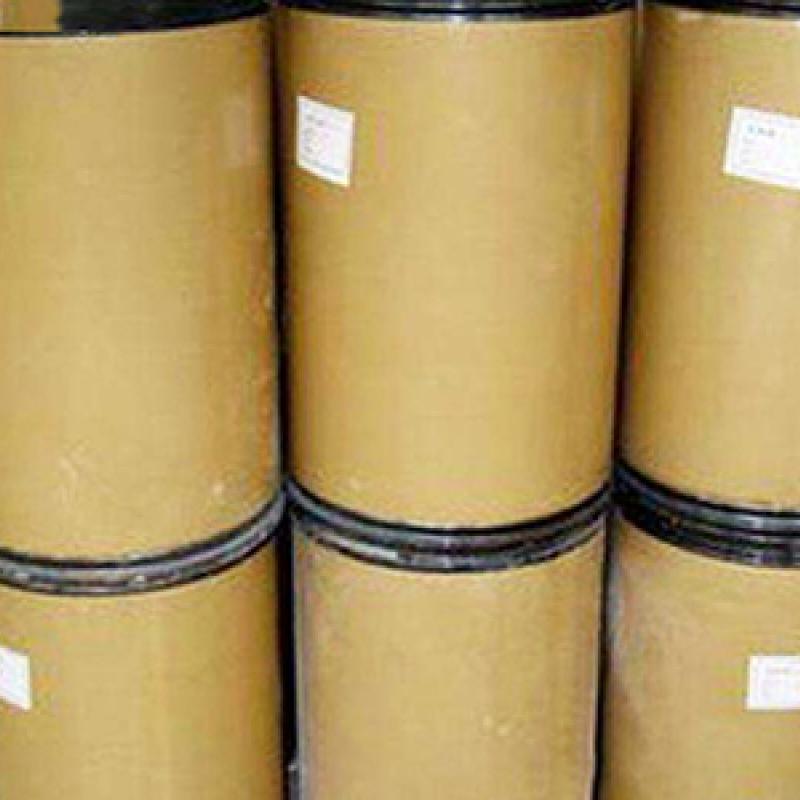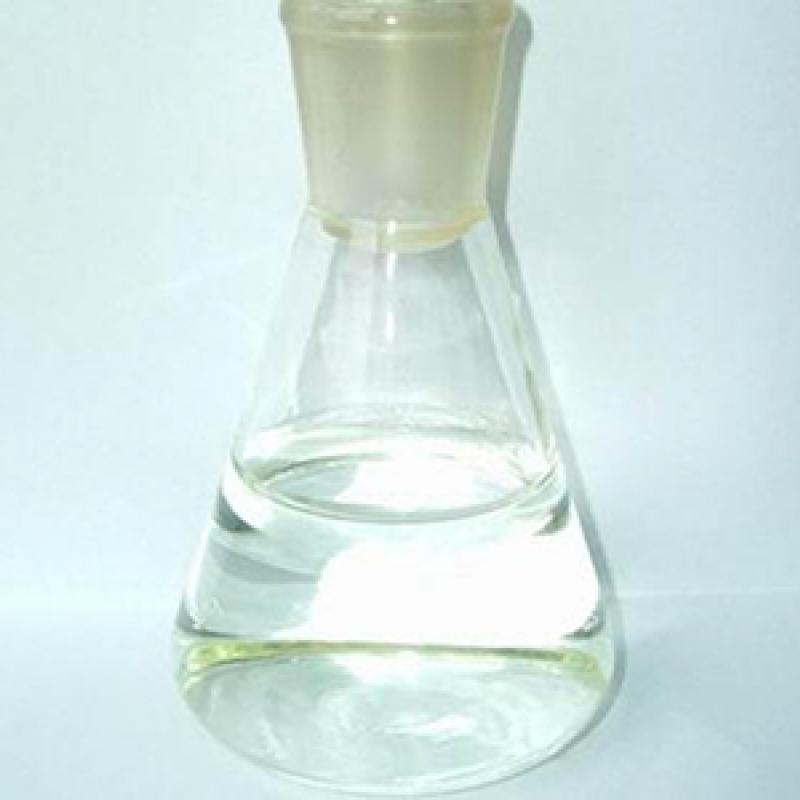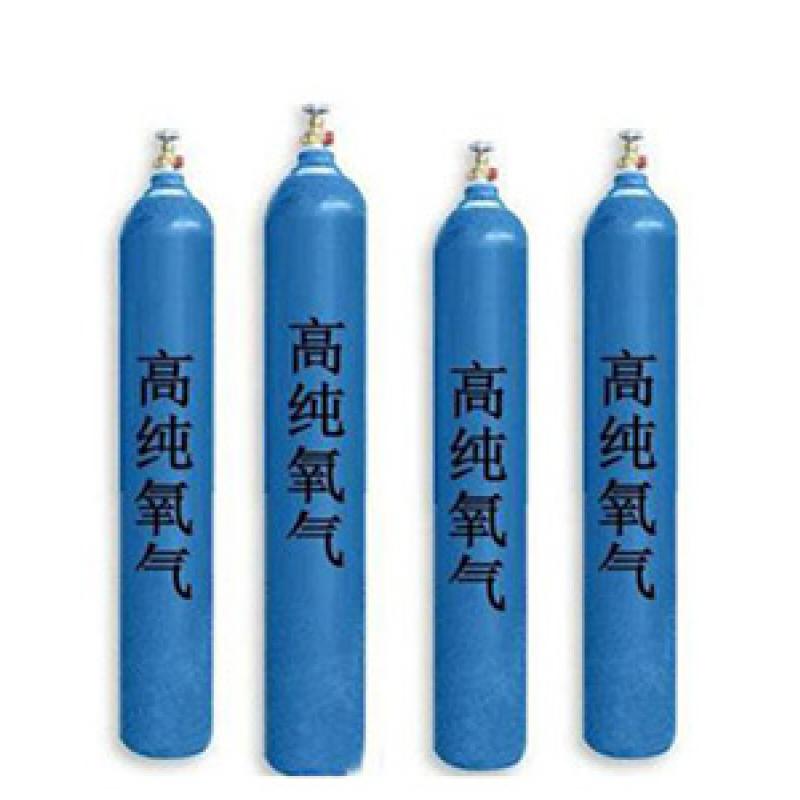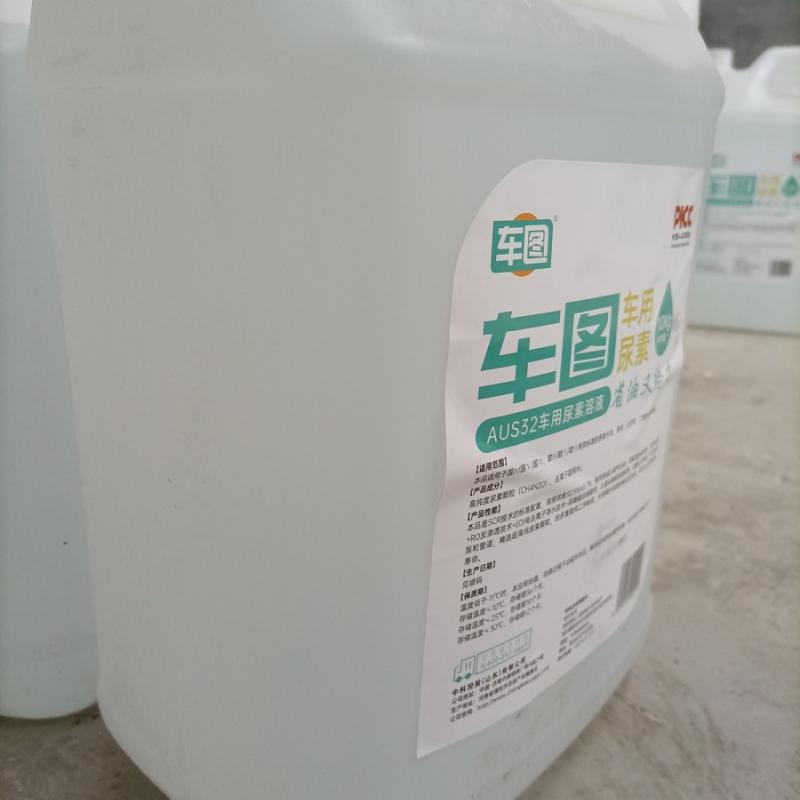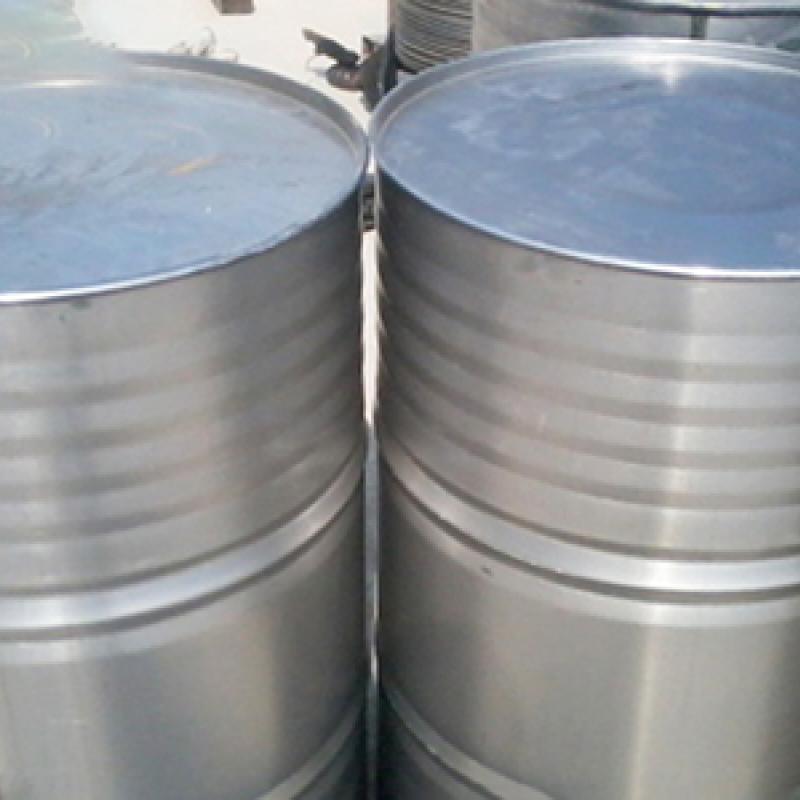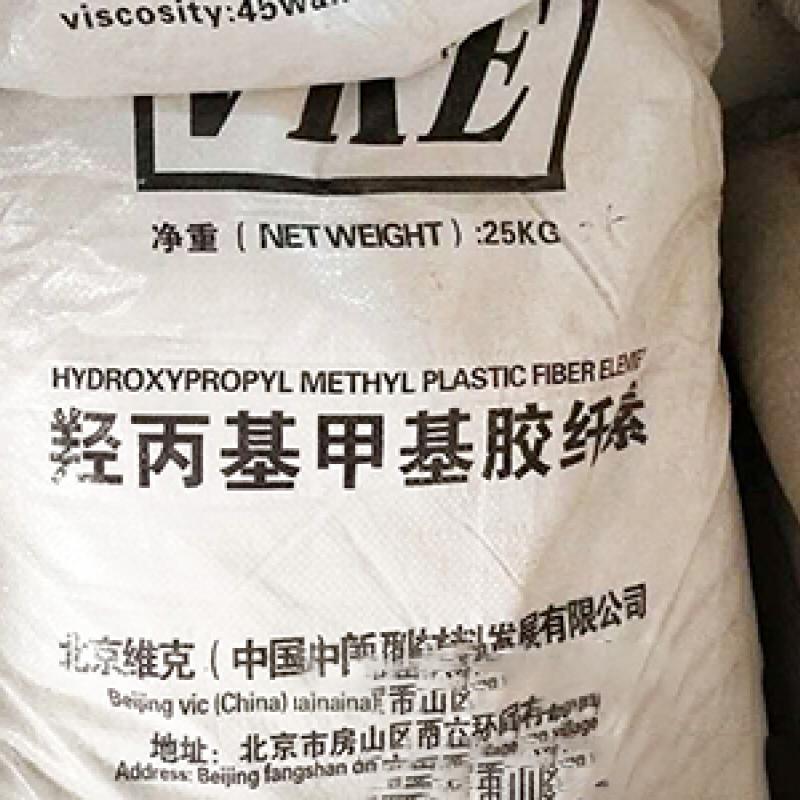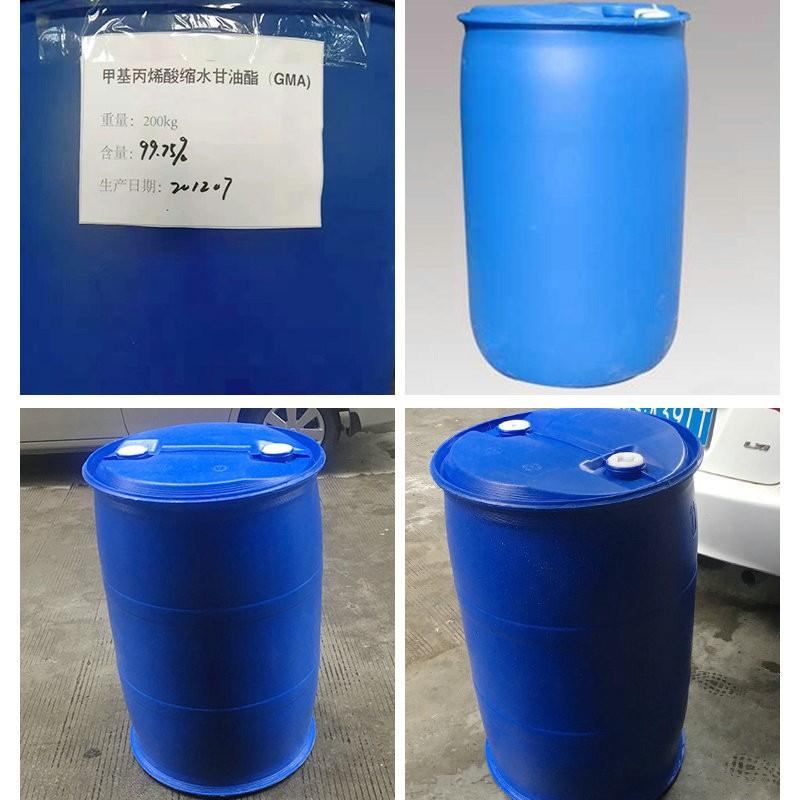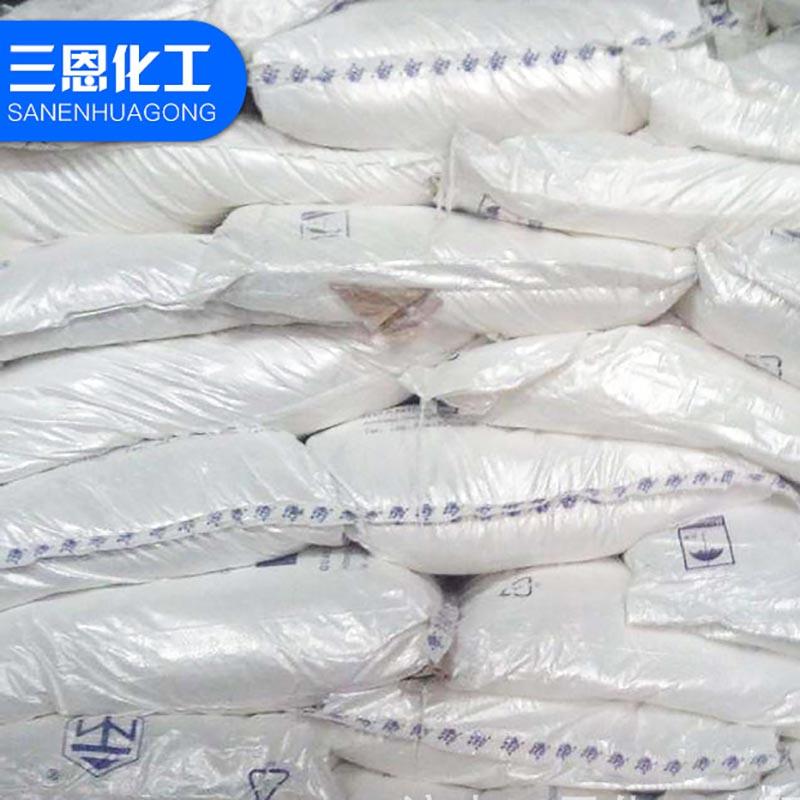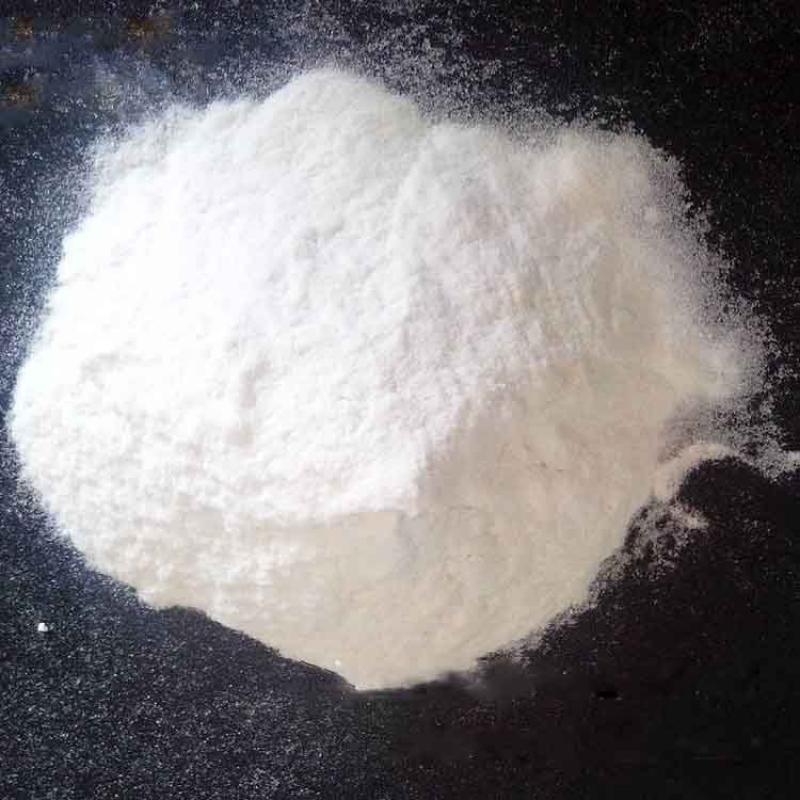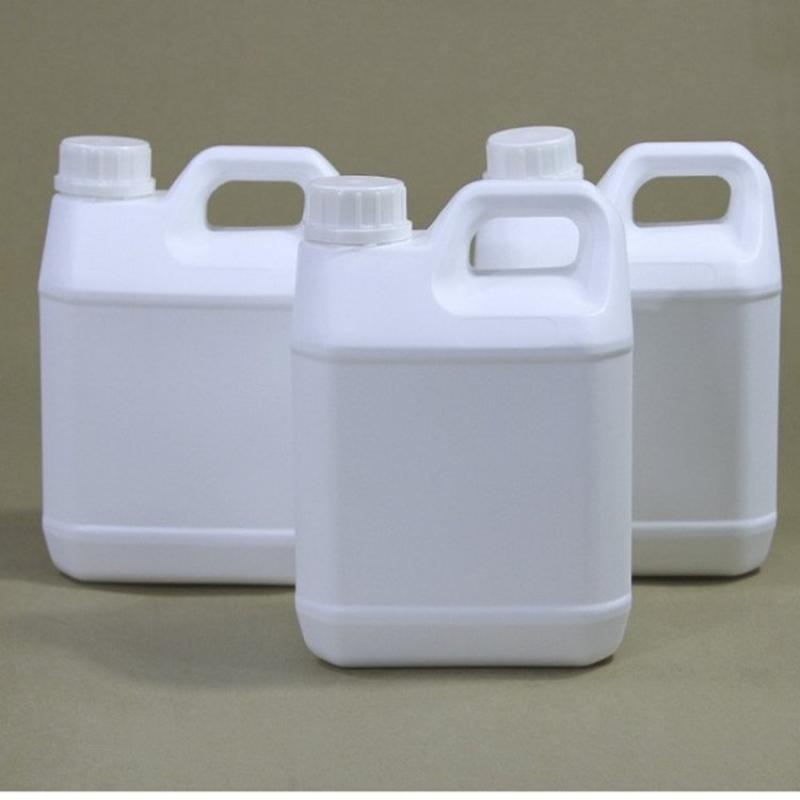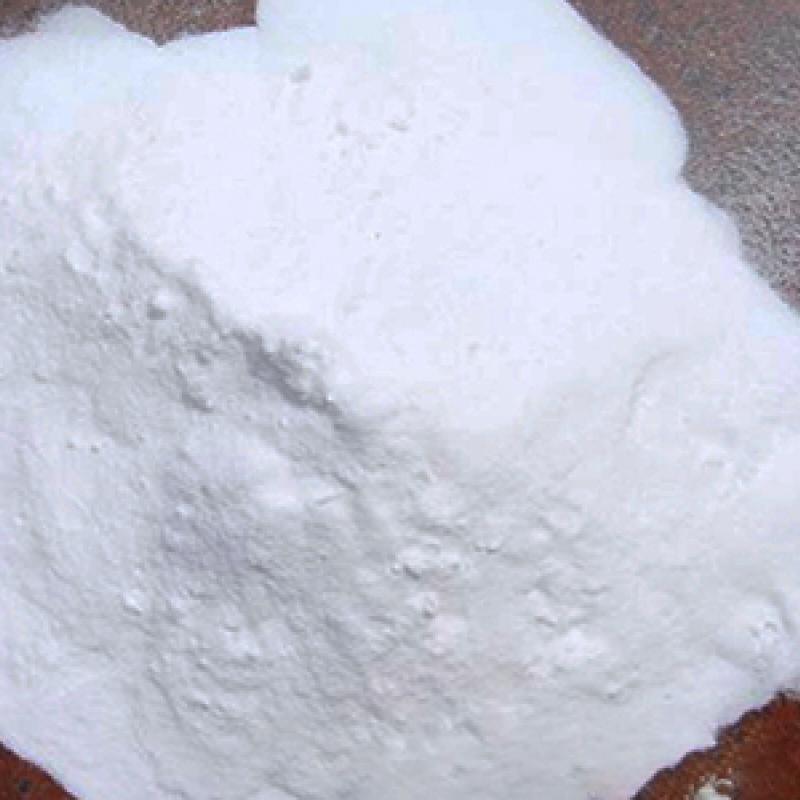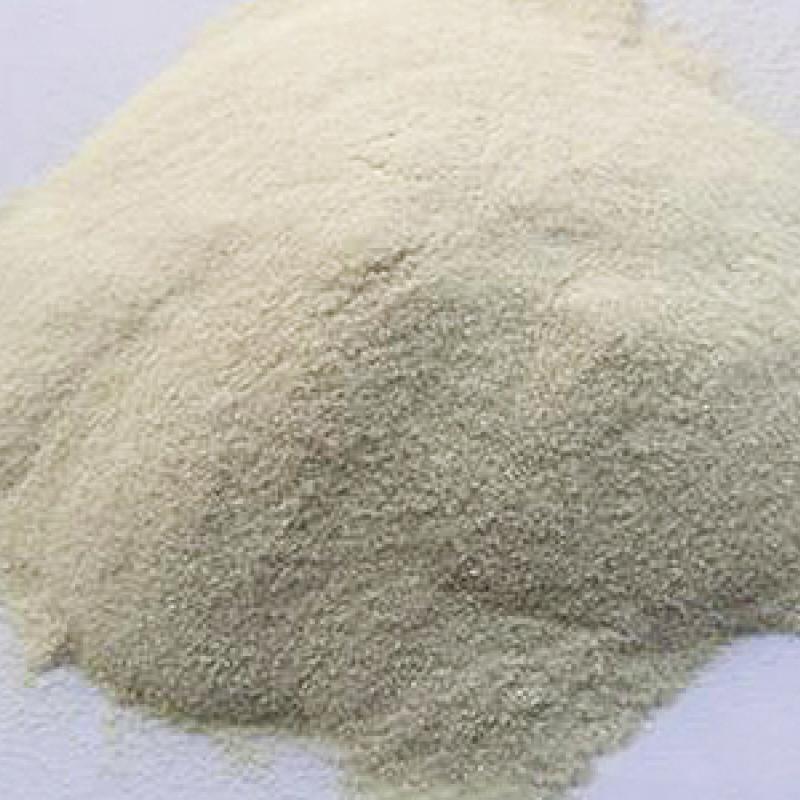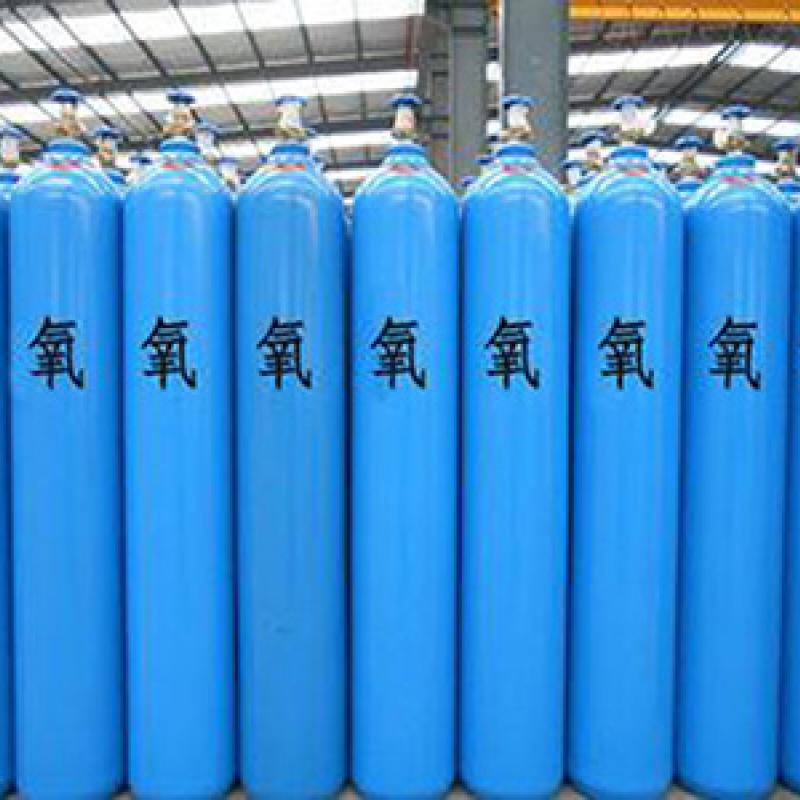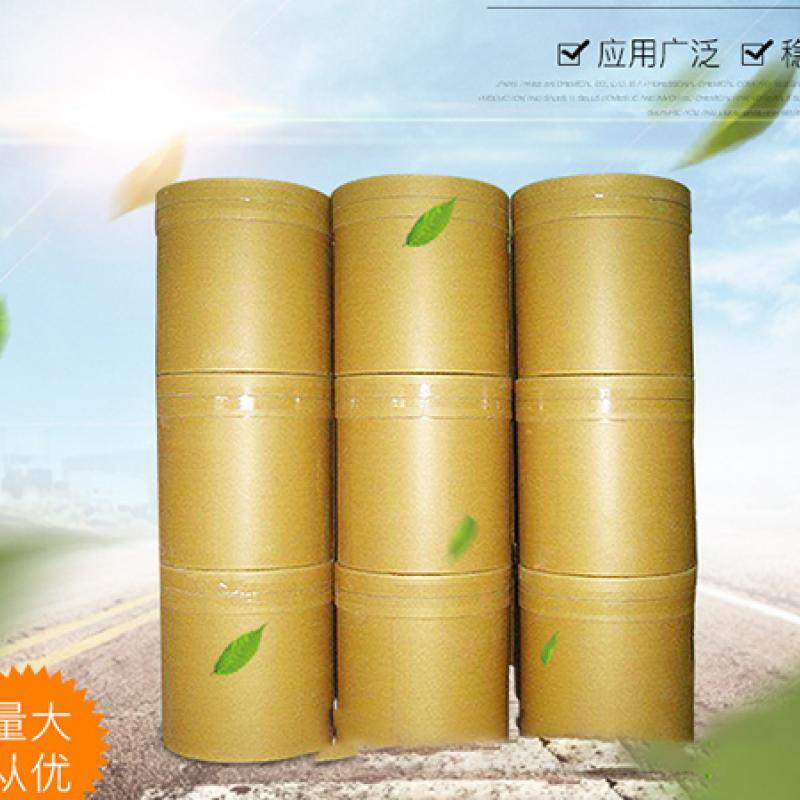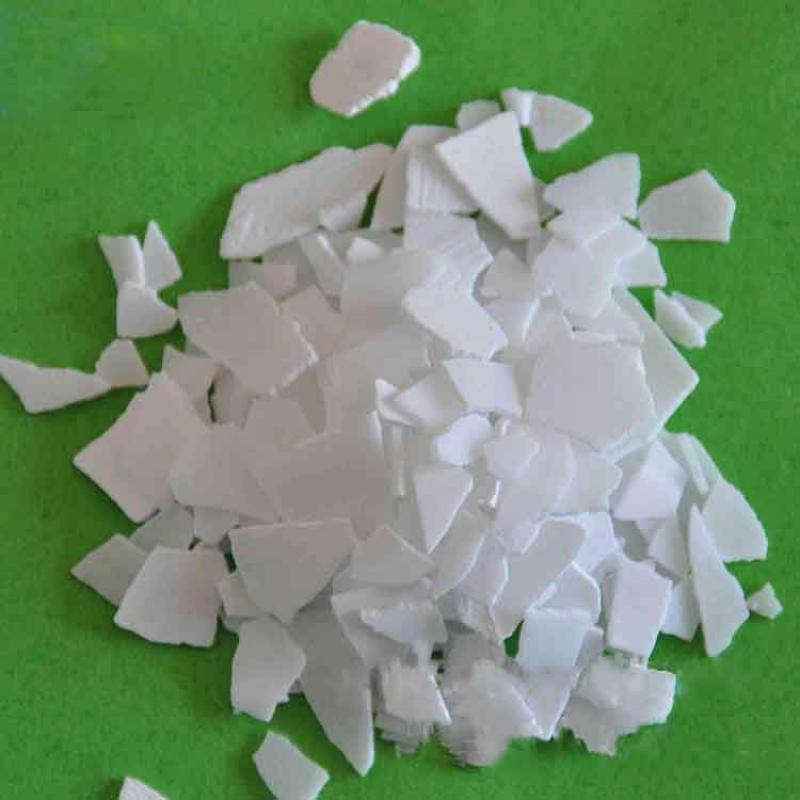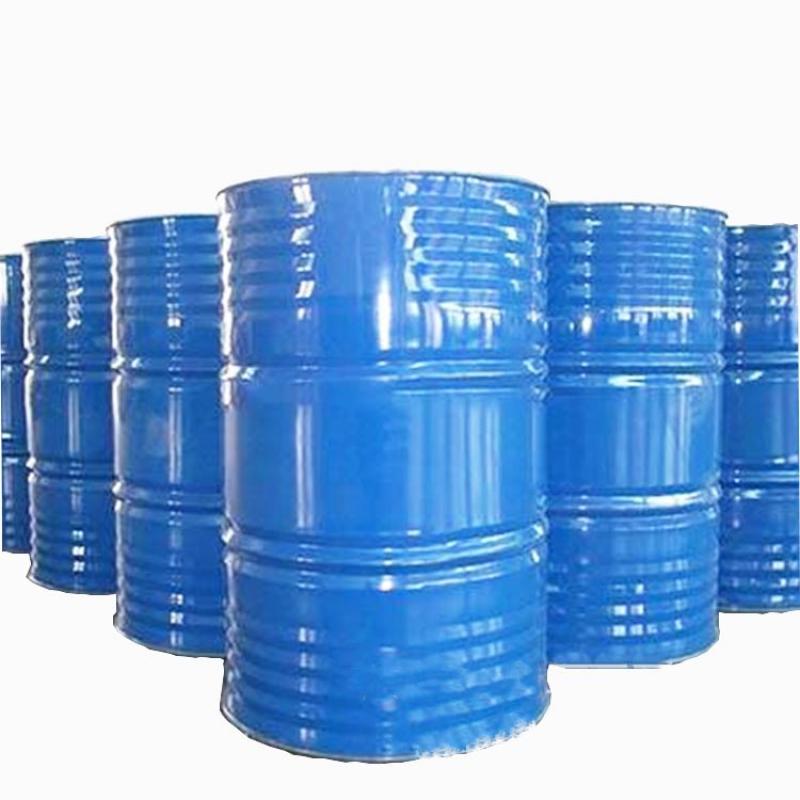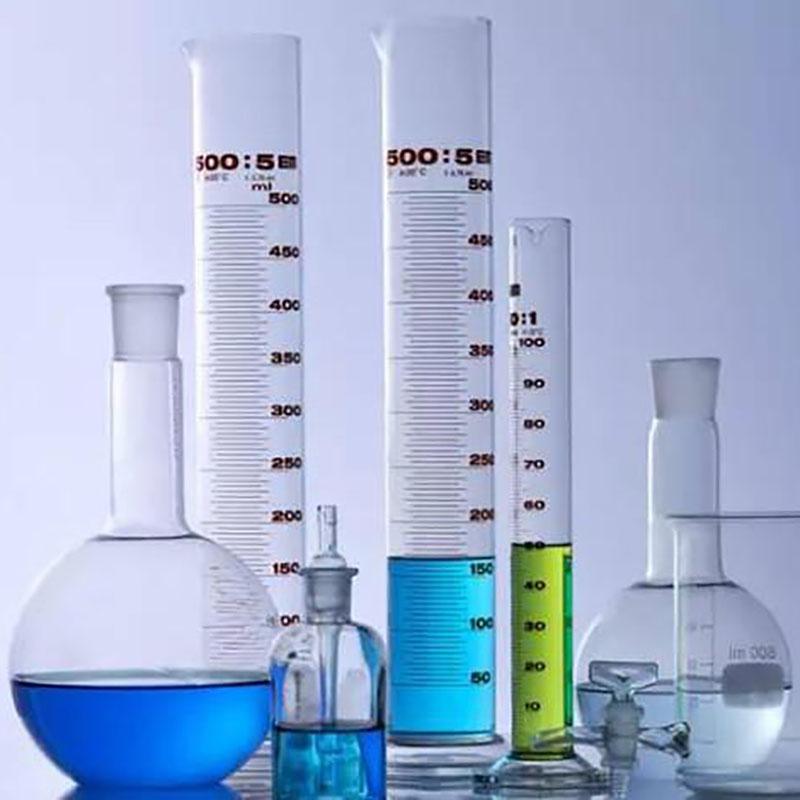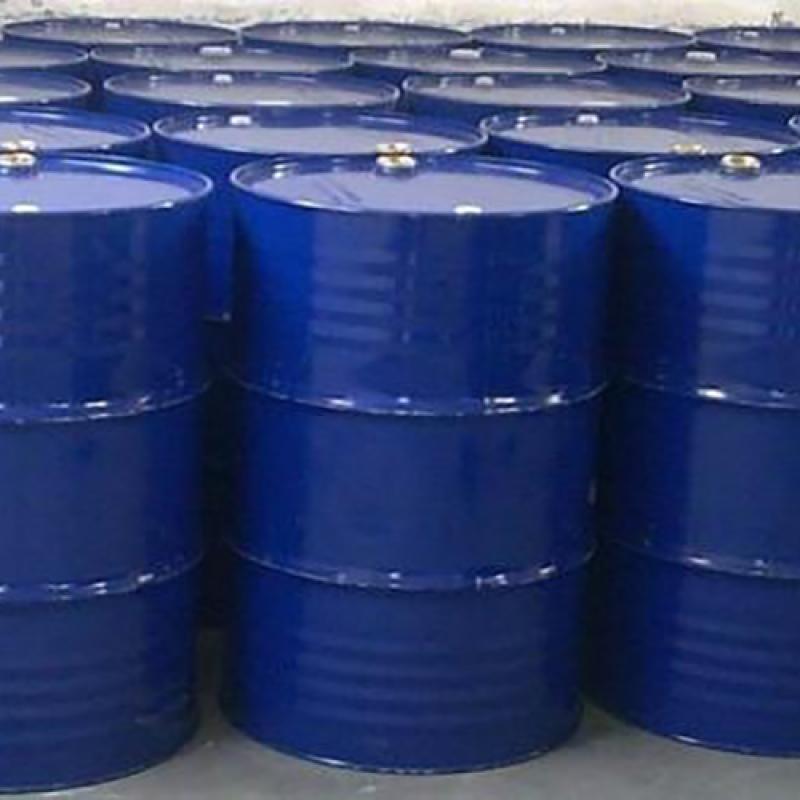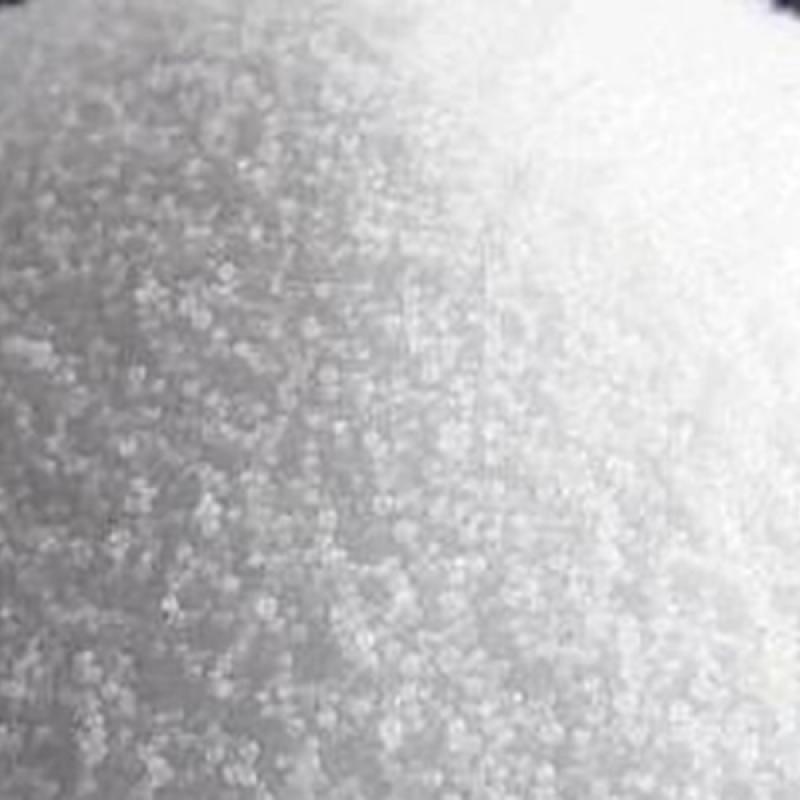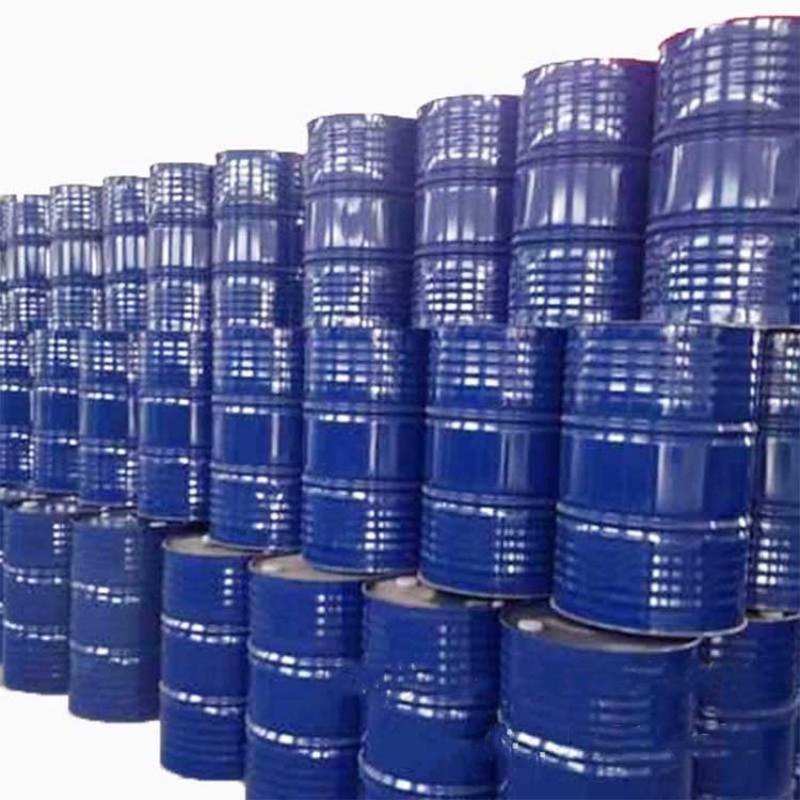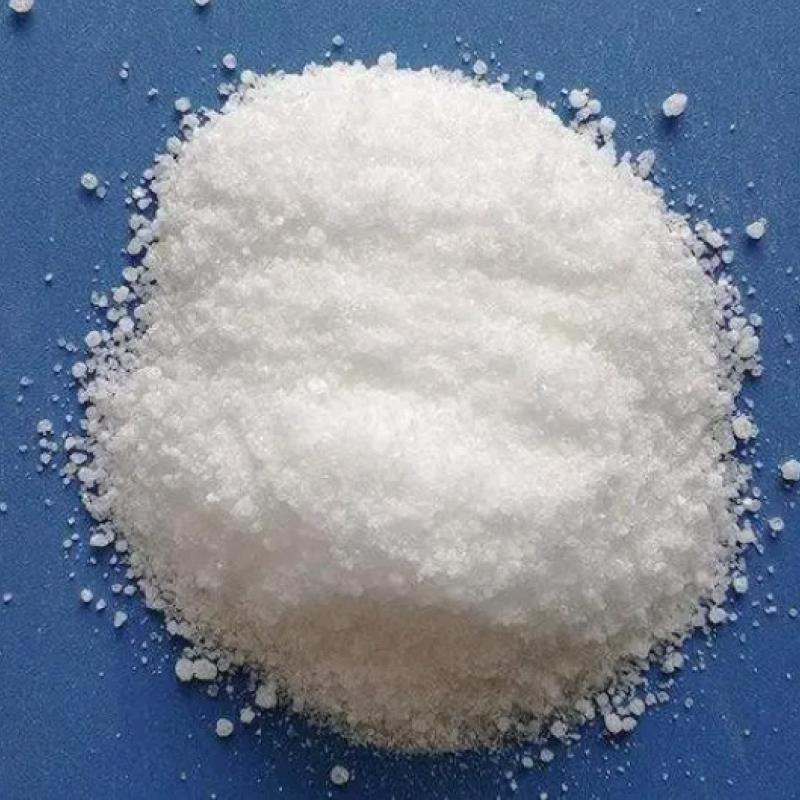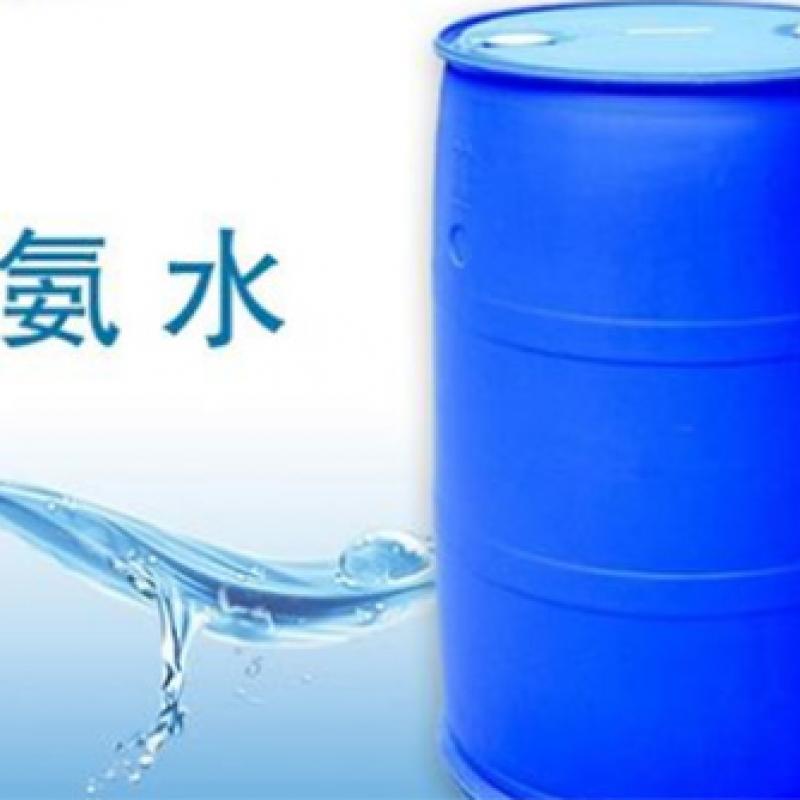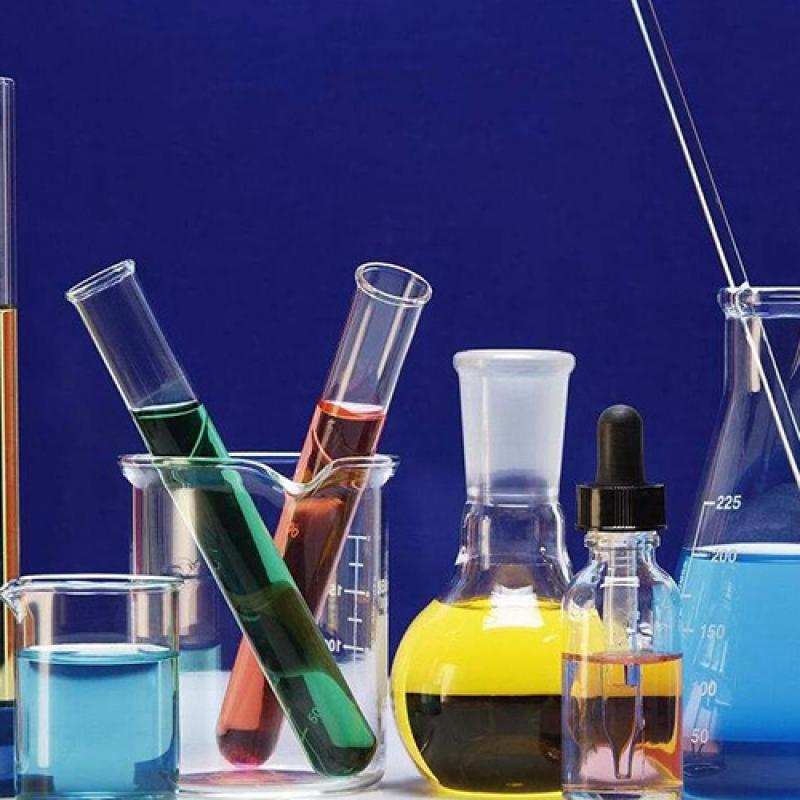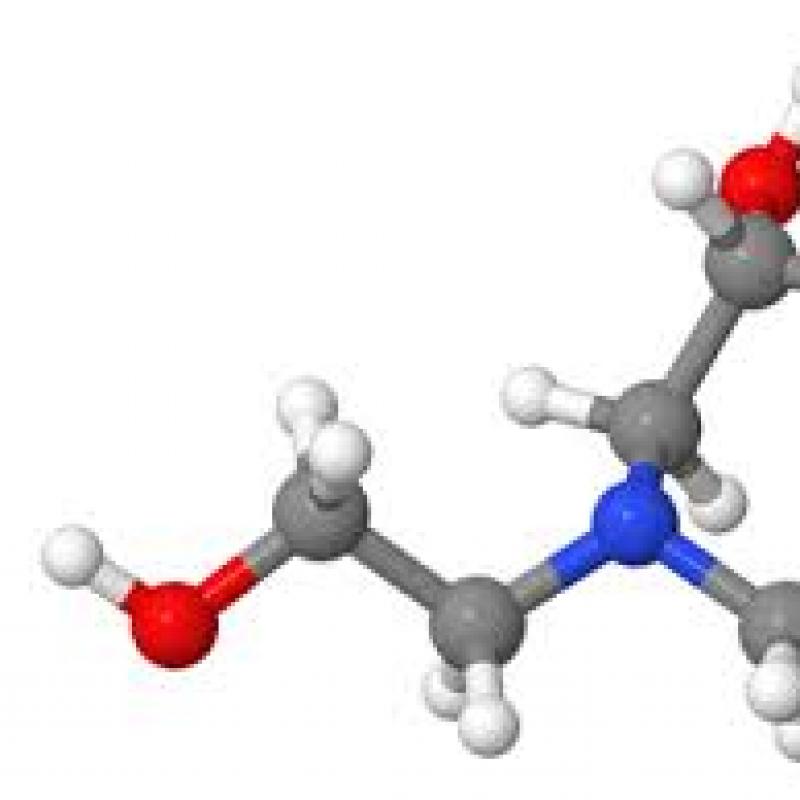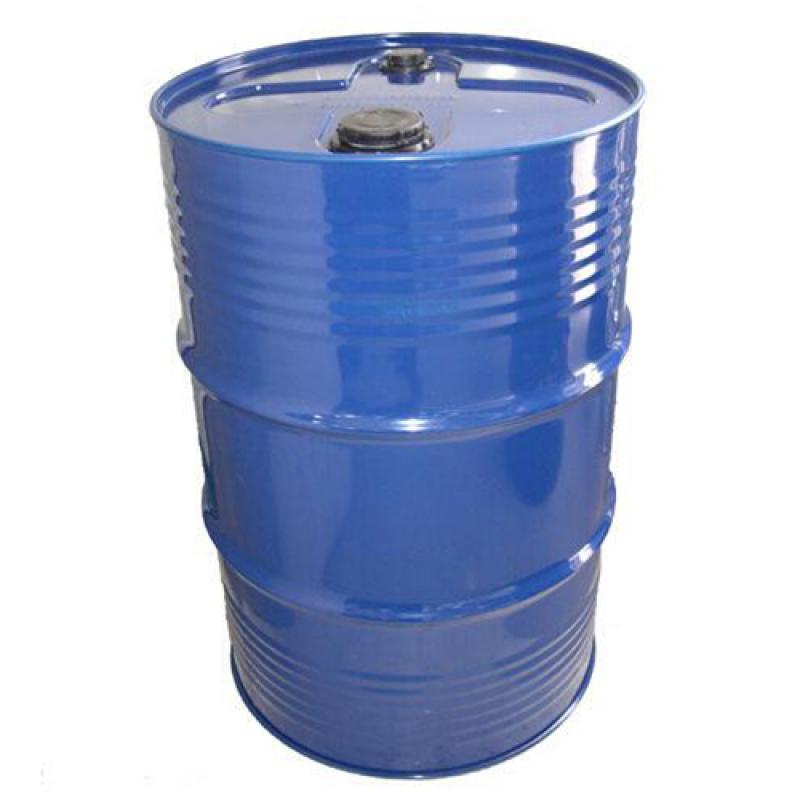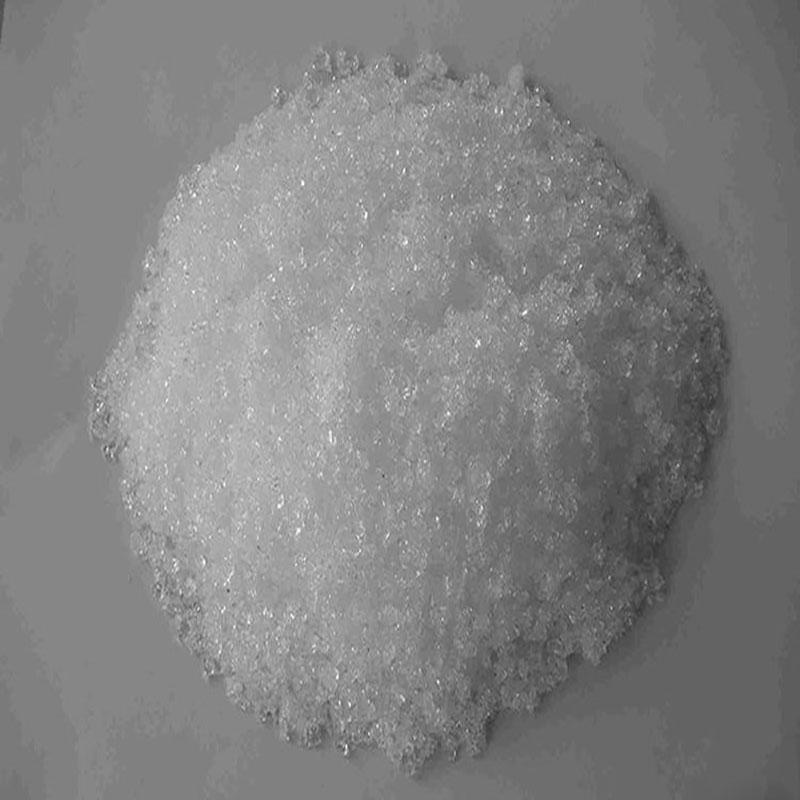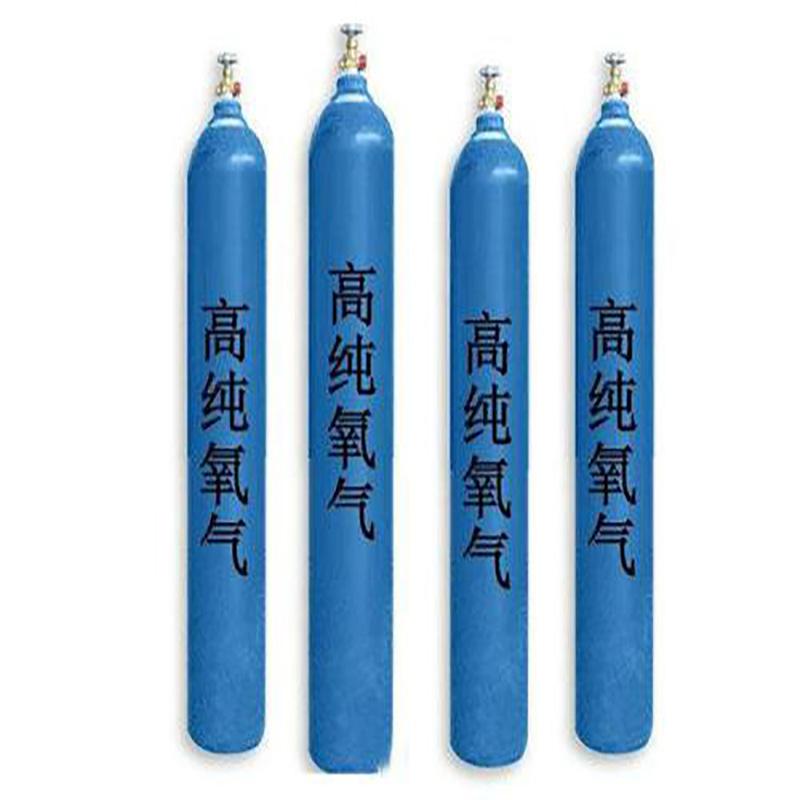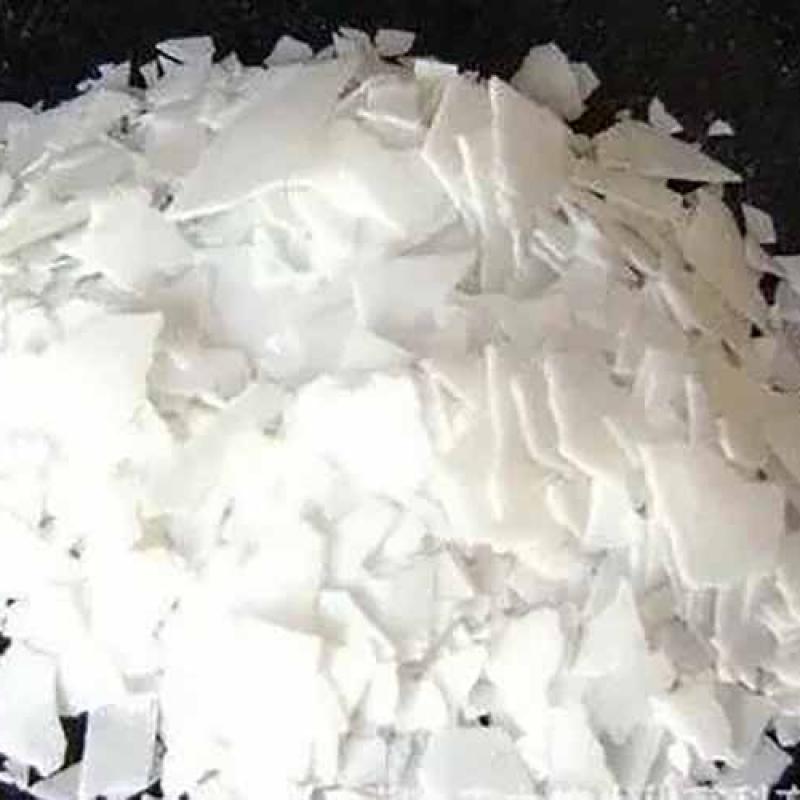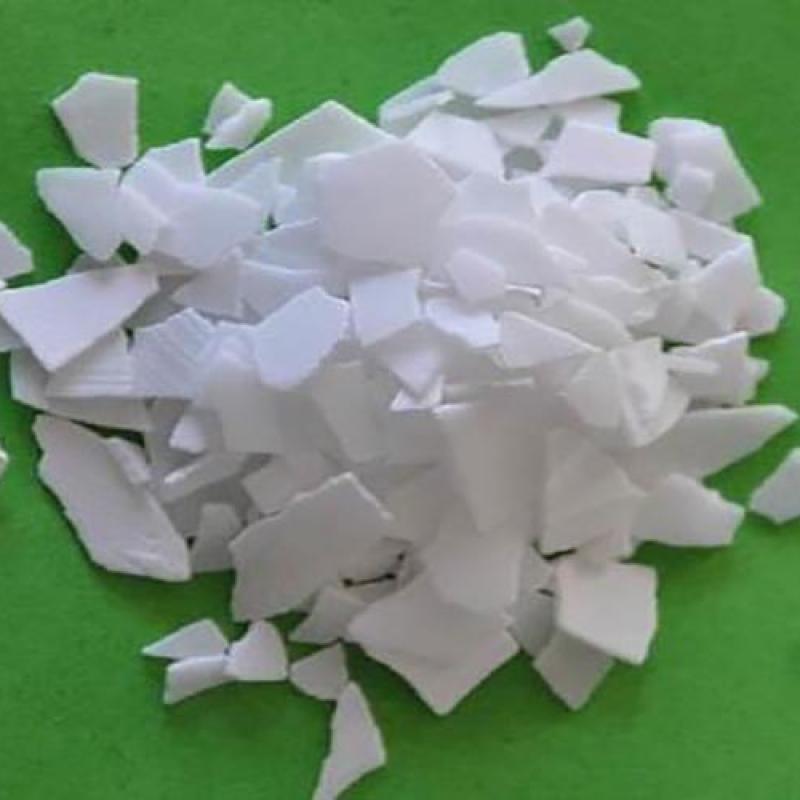TDI-manufacture,factory,supplier from China
(Total 24 Products for TDI)
The toluene diisocyanate has 2,4-toluene diisocyanates and 2,6-toluene diisocyanate (TDI).
Contact Now
There are two isomers of 2,4-toluene diisocyanate and 2,6-toluene diisocyanate (TDI). According to the content of the two isomers, there are three standard products in the industry: (1) TDI-65 contains 2,4-TDI65%, 2,6-TDI35%; (2) TDI-80 contains 2,4- TDI80%, 2,6-TDI20%, more common; (3) TDI-100 contains 2,4-TDI100%. Carbon dioxide occurs with water effect. Easy to work with compounds containing active hydrogen atoms. Linear polyurethane or polyurethane resin with diol effect.
Contact Now
HCFC-141b (monofluorodichloroethane) is a high-purity liquid widely used in cleaning and solvent fields.
Because its damage to the ozone layer is 1/10 of CFC-113, it is designated as an ideal substitute for fully halogenated chlorofluorocarbons.
HCFC-141b is a widely used non-perhalogenated chlorofluorocarbon. Although its destructive effect on the ozone layer has been greatly reduced compared to fully halogenated chlorofluorocarbons, it can still cause damage to the ozone layer that is difficult to recover. As a result, its use is gradually being reduced around the world.
Contact Now
Phosphorus pentachloride is mainly used as a chlorination reagent for alcohols, carboxylic acids, amides, aldehydes, ketones, enols, and Beckmann rearrangement reagents. It is used as a chlorination agent and catalyst in organic synthesis, and is used in the production of medicines, dyes, and chemical fibers. It is also the raw material for the production of phosphazene chloride and phosphorus oxychloride.
Contact Now
1.4, 4 '- methylene bis (2-chlorocene)
The molecular weight is 267.15, the molecular formula is C13H12N2 CL2
Contact Now
From the perspective of physics, the methods to eliminate foam mainly include placing baffles or filters, mechanical stirring, static electricity, freezing, heating, steam, radiation, high-speed centrifugation, pressure and decompression, high-frequency vibration, instantaneous discharge and ultrasonic (acoustic) Liquid control), etc., these methods promote the gas permeation rate at both ends of the liquid film and the drainage of the bubble film to varying degrees, so that the stability factor of the foam is smaller than the attenuation factor, and the number of foams is gradually reduced.
Contact Now
In fact, any kind of antioxidant can not fully meet these conditions. Therefore, in actual application, it is often based on the variety, use and processing method of engineering plastics, using the strengths of various additives and cooperating to produce synergistic effects.
Contact Now
In the textile industry, it is used as a dispersant for fiber lubricants and chemical fiber oils, as well as automotive brake fluids, pesticide dispersants, dry cleaning agents, cutting oil solvents, organic synthesis intermediates, auxiliary solvents for mineral oil emulsions, and analytical reagents.
Contact Now
It uses oxygen with a purity of 93.5%-99.2% and combustible gas (such as acetylene) to produce a flame of extremely high temperature, thereby melting the metal. The metallurgical process cannot do without oxygen. In order to strengthen the production of nitric acid and sulfuric acid, oxygen is also required. Instead of using air, a mixture of oxygen and water vapor is blown into the coal gasifier to obtain coal gas with high calorific value.
Contact Now
This product is the standard configuration of SCR technology, the solution concentration is 32.5% 0.7%, which can effectively reduce exhaust pollution and ensure engine efficiency
;8-stage pretreatment + RO reverse osmosis technology + EDI electrodeionization water purification technology + high-precision filtration and purification to ensure the purity of the solution from the source,
Delay SCR scaling, protect the urea pump and pipeline; select ultra-high-purity urea particles, made through multiple purification processes, long-term maintenance of the system and catalyst activity, and prol
Contact Now
it can also be used as high octane gasoline components, is an important raw material for organic chemicals. It can also be used to remove the bitumen of the body. The hospital pathology is primarily used for tissue, slice of pilot and dewaxing.
Contact Now
Dissolving function: soluble in water and some solvents, such as ethanol/water, propanol/water in appropriate proportions. The aqueous solution has surface activity. High transparency and stable function. Different standard products have different gel temperatures and solubility changes with viscosity. The lower the viscosity, the greater the solubility. Different standards of HPMC have different functions. The dissolution of HPMC in water is not affected by pH.
Contact Now
Methacrylic acid is colorless crystal or transparent liquid with pungent odor. Soluble in hot water, soluble in most organic solvents such as ethanol and ether. Easily polymerized into water-soluble polymers. Combustible, there is a danger of burning in case of high heat and open flame, and it can produce toxic gas when heated.
Contact Now
Titanium dioxide is an inorganic, chemical formula TiO2, white solid or powdered amphoteric oxide, molecular weight 79.9, has non-toxic, optimal opacity, optimal whiteness and brightness, is considered to be the best in the world today A white pigment.
Contact Now
Hypromellose (Hypromellose), also called hypromellose, is one of the non-ionic cellulose mixed ethers.
Contact Now
Methyl 2-chloropropionate is an organic compound with the chemical formula C4H7ClO2, mainly used as an intermediate in pesticides, pharmaceuticals, and spices.
Contact Now
Appearance and properties: white or almost white fibrous or granular powder
Density: 1.39 g/cm3
Solubility: almost insoluble in absolute ethanol, ether, acetone; swelling in cold water into a clear or slightly dirty colloidal solution
Stability: The solid is flammable and incompatible with strong oxidants.
Contact Now
Properties: White or slightly yellow scaly crystals with unique fragrance.
Solubility: Insoluble in water, acid and alkali, but soluble in organic solvents such as alcohol, ether and benzene.
Contact Now
Oxygen is a colorless and odorless gas, and the most common elementary form of oxygen. Melting point is -218.4°C, boiling point is -183°C. It is not easily soluble in water, and about 30mL of oxygen can be dissolved in 1L of water. Oxygen in the air accounts for about 21%. Liquid oxygen is sky blue. Solid oxygen is blue crystals.
Contact Now
mercaptan wrapped in fuel is malodorous and corrosive, which reduces the lead content of gas. except, mercaptan is also an oxidation initiator, which can promote the oxidation and condensation of risky components in fuel to gel, resulting in terrible garage balance of gasoline. cobalt phthalocyanine sulfonate is an powerful catalyst for disposing of mercaptan sulfur from heavy oil, and it has the identical effect. whilst in use, dissolve the catalyst in 10% alkali solution, heat it slightly for a time frame, and stir to dissolve it before use.
Contact Now
Potassium hydroxide is a common inorganic base with a chemical formula of KOH and a molecular weight of 56.1. It is a white powder or flake solid at room temperature.
Contact Now
M-xylene is an organic compound with a molecular formula C8H10, a molecular weight of 106, a colorless concussion liquid, a odor like toluene.
Contact Now
Features: Contains two hydroxyl groups and one amino group. Hydroxyl reduces the vapor pressure, increases the solubility, is conducive to the absorption of acid gas, and can increase the concentration, reduce circulation, and reduce energy consumption. The presence of the methyl group in the amino group reduces the alkalinity and activity of the amino group and reduces the CO2 absorption rate.
The molecular weight is 119.16, the melting point is -21°C, the flash point is 127°C, the freezing point is -21°C, and the refractive index is 1.4678. The viscosity (20°C) is 101 MPa·sec.
Contact Now
Chemical reagents are relatively standard substances for chemical research, ingredient analysis, is an important condition for scientific and technological progress, which is widely used in the composition of material, other, qualitative and quantitative analysis.
Contact Now
Relate News
TDI is the abbreviation of toluene diisocyanate. TDI is a polycyanate widely used in industrial production. It is a polyurethane material and an important basic material. Mainly used to make flexible polyurethane foam, polyurethane elastomer, coatings, adhesives, etc.
TDI (toluene diisocyanate) is one of the commonly used polyisocyanate, and polyisocyanate is an important base material of polyurethane (PU). The TDI commonly used in the polyurethane industry is a mixture of 2,4-TDI and 2,6-TDI isomers, including three commonly used grades.
Storage conditions of flammable and explosive risk chemicals, such as methylamine ethanol solution and methylamine methanol solution.
Ammonia water is an aqueous solution of ammonia dissolved in water. Due to the complexity of its components, ammonia water shows diversity in its properties.
Due to the various types of test reagents, general test reagents are classified into two categories: inorganic and organic, and special test reagents and dangerous test reagents are stored separately.
It has relatively low solubility to non-polar gases H2 and N2 during the absorption process, so the loss of pure gas is also small. This feature further constitutes its bright future as a decarburization solvent.
The principle of potassium hydroxide removal of oil stains is actually a simple chemical principle. Since oil stains are a lipid chemical substance, from the analysis of its chemical composition, they are higher fatty acids and glycerides.
Sanen provides a year-round supply of 90/95 potassium hydroxide with favorable price and quality assurance. Welcome to inquire!

